Traveling while transgender: Tips to stay safe and avoid stress
Signing up for credit cards through partner links earns us a commission. Terms apply to the offers listed on this page. Here’s our full advertising policy: How we make money.
Many people view travel as a time to relax and unwind, yet logistics like planning, getting through the airport, and navigating around an unfamiliar destination can make it a stressful experience as well. And travel comes with plenty of additional challenges for members of the transgender and gender non-conforming communities. You may have difficulty finding inclusive destinations, going through Transportation Security Administration (TSA) screenings at the airport, or presenting documentation when entering foreign countries.
This guide is intended to prepare those who are transgender for the unique challenges that may come up while traveling, and to include tips and resources to assist you along the way.
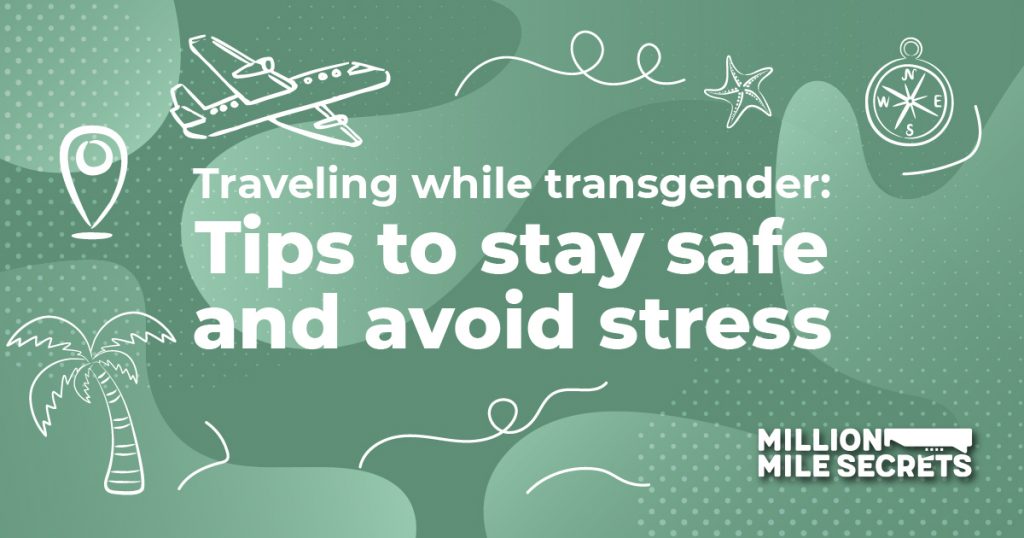
Planning your trip
Choosing a destination
We’ve identified LGBTQ-friendly travel destinations around the world, which are also good choices for those who are transgender and gender non-conforming. Such stateside destinations include cities like Key West, Florida, Providence, Rhode Island, and Cedar Rapids, Iowa. You can also travel internationally to highly inclusive spots like Puerto Vallarta, Mexico, Toronto, Canada, and Tokyo, Japan. Here are some cities throughout the globe that have a lot to offer the transgender community, in particular:
Fort Lauderdale: One U.S. city that actively welcomes transgender folks is Fort Lauderdale, Florida. The city has been host to the the Southern Comfort Conference, the largest annual trans conference in North America, for several years. Resources you’ll find throughout the city for the transgender community include social groups, drop-in centers, and plenty of safe restrooms for transgender and gender non-conforming individuals.
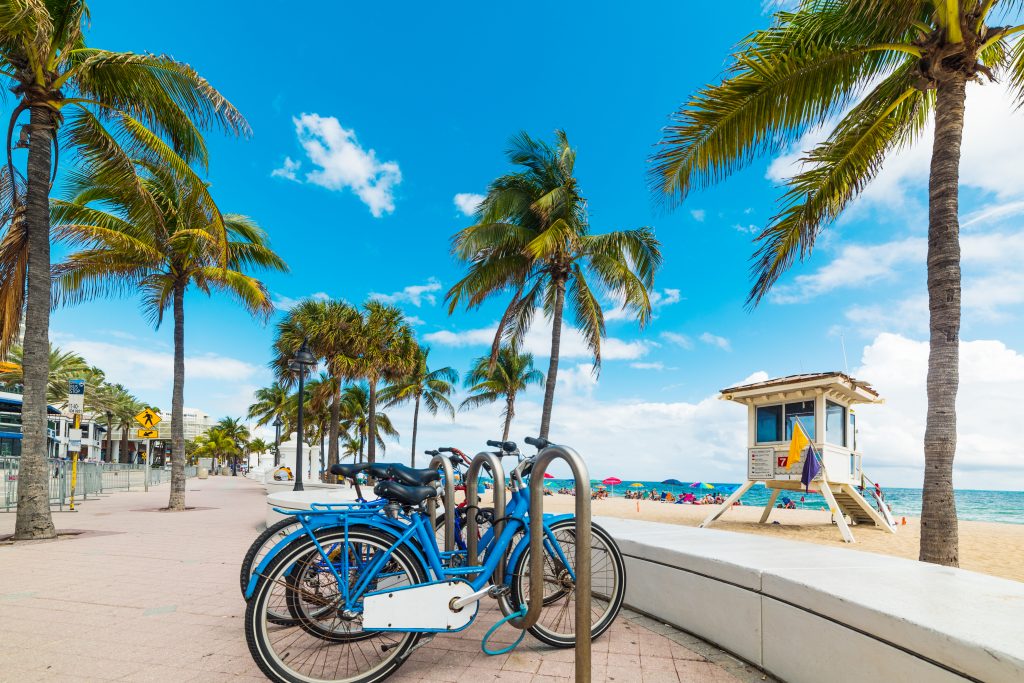
Manchester, England: Commonly referred to as the transgender capital of the North, this city is known for its lively LGBTQ community that includes pubs, night clubs, and hotels. If you’re in the mood for a formal afternoon tea, you can check out Richmond Tea rooms, while the city’s annual Sparkle Weekend — organized by the Sparkle transgender charity — draws people from far and wide for its live music, entertainment, and shopping.

Toronto, Canada: Many head to Canada for the annual Toronto Pride Festival, which takes place every year in June and showcases artwork, motivational speakers, entertainment, and a colorful parade. The event takes place in the city’s Church-Wellesley Village neighborhood, which offers a variety of LGBTQ-owned shops and restaurants, including Woody’s of Queer as Folk fame. What’s more, Toronto is also host to the springtime Inside Out LGBT Film Festival, where LGBTQ films are screened and panel discussions take place.

Know the laws: As a good rule of thumb, before traveling internationally, know the laws of the country you plan to visit, advises trans travel blogger Aaron Edwards, who adds that when a country has transgender-friendly laws, that’s generally an accurate reflection of the beliefs of the people who live there.
The U.S. State Department reports that transgender travelers have sometimes encountered difficulties entering foreign countries when the name or gender on their passport no longer correspond to their current identity. It provides forms and instructions for changing or correcting a passport and updating the sex marker on your passport.
Check for COVID-19-related requirements: In addition, in today’s day and age, if you’re considering heading to an international destination, be sure to find out the COVID-19-related requirements for that country. Check out our guide that covers the status of various popular vacation destinations. For instance, some spots require you to present a negative COVID test result taken within the previous three days. While our guide is a good starting resource, always check directly by calling or visiting the website of your intended destination, as rules can change often. You should also check for travel warnings issued by the U.S. State Department.
Locate gender-neutral restrooms: A good thing to know when setting your sights on any travel destination is whether there are safe restrooms for transgender, intersex, and gender non-conforming individuals. Refuge is a website and an app that lists transgender-friendly public restrooms, and users can add new listings for such places whenever they come across them.
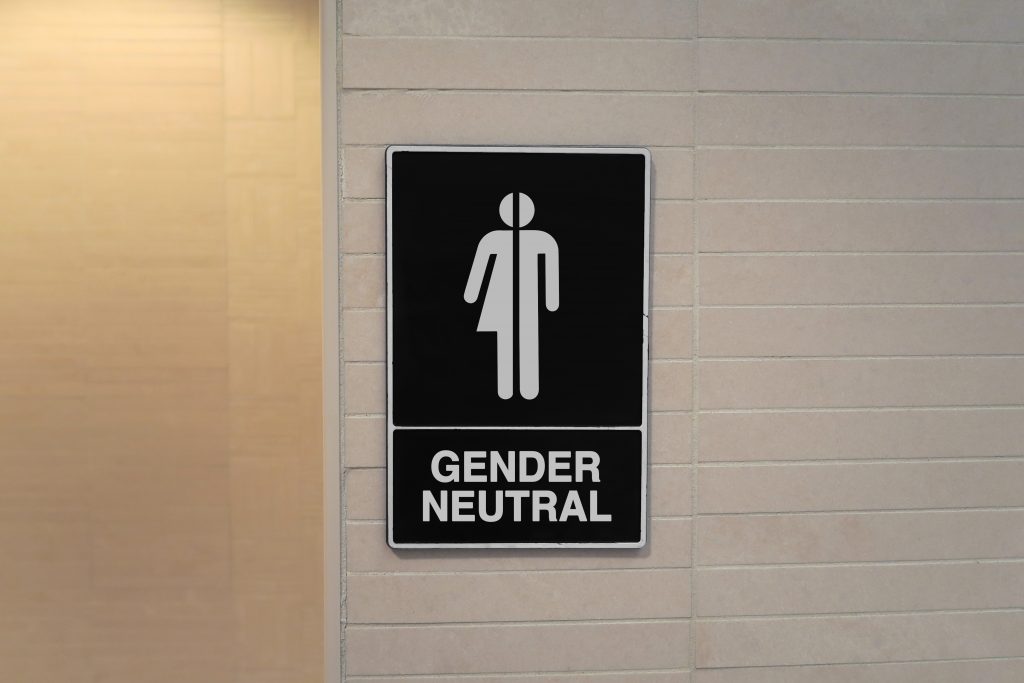
Preparing your documentation
If you’re over the age of 18, you’ll be required to show identification at the airport security checkpoint. Here are some important things to know as a transgender individual to help this process go as smoothly as possible:
Make sure your airline reservation information matches your ID: The name, gender, and birthdate you provide when booking your flight should match those on the ID that you plan to travel with. (It does not matter whether your current gender presentation matches that which is listed on your ID or the photo on the ID.)
The reason this information needs to match is the TSA’s Secure Flight Program checks every person’s reservation information against government watch lists. Information such as the gender provided for each reservation can help eliminate false matches among names that are similar.
Consider signing up for TSA PreCheck: TSA offers an expedited screening program called TSA PreCheck, which enables you to leave your shoes and belt on during airport screening. In addition, while it’s not always the case, those with TSA PreCheck often are allowed to go through a metal detector instead of a body scanner. The cost to you is $85.
If you decide to sign up for TSA PreCheck, do so well enough in advance of your trip. The process includes a brief interview, fingerprinting, and a background check. While approval times may vary, TSA officially says the average time of approval is 2 to 3 weeks. Most individuals, including some members of the MMS team, have received email approval within a couple of days. Once you receive that, you’ll then be mailed a letter containing your new Known Traveler Number, which you can then add into your airline profiles.
Packing your luggage
Whether it’s a carry-on or a checked bag, all luggage will be screened, and it may also be hand-searched by TSA personnel. To potentially save time and avoid extra questions or hassles, here are some good rules of thumb:
Decide whether to pack certain items in your carry-on or a checked bag: While the three-ounce limit in a carry-on for liquids does not apply to medical products like gel-filled prosthetics, you may still prefer to pack items such as these in a checked bag simply to avoid possible extra screening due to their presence. Similarly, you may feel that items such as packers are better off placed in a checked bag than in a carry-on.
If you pack hormones in your carry-on bag that need to be kept cold, you can ask a flight attendant if the bottle can be placed in a refrigerator once you’ve boarded the plane.
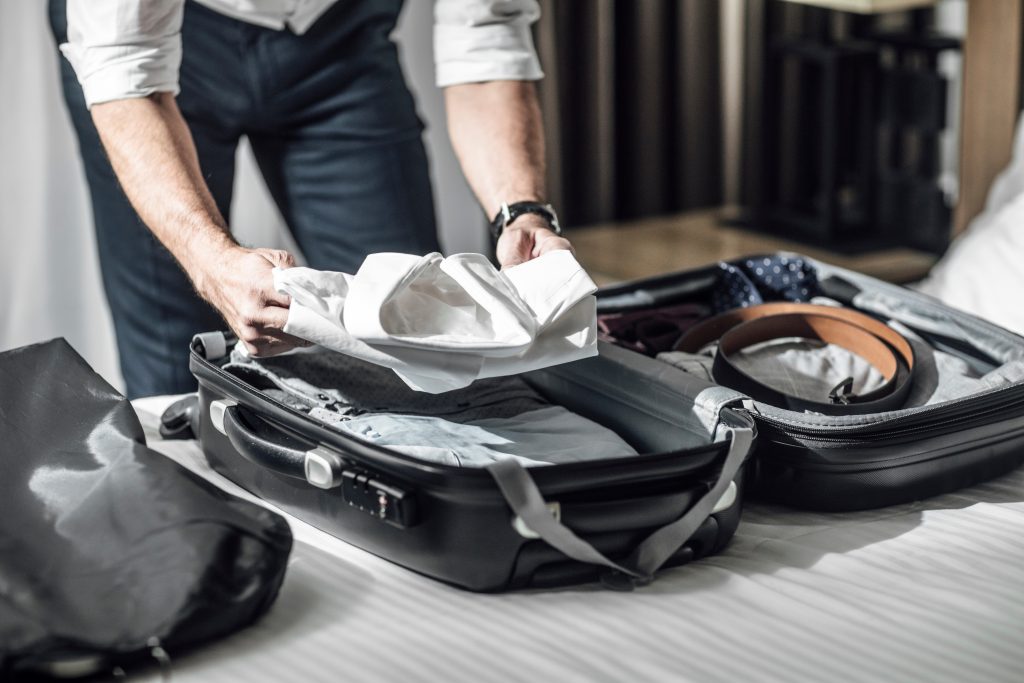
Pack medical supplies in your carry-on in a resealable plastic bag. Items such as medicine and syringes in your carry-on luggage are best off placed in a separate bag and stowed near the opening of your carry-on. This will make them easy to retrieve for inspection.
Carry proof of a doctor’s prescription: If you’ll be putting items like syringes or dilators into your carry-on, bring proof that they have been prescribed by a doctor. This could be in the form of a letter from your physician stating the items are medically necessary.
As for traveling with syringes, TSA allows you to have unused syringes when they’re accompanied by an injectable medication. You are required to declare them to TSA personnel at the airport checkpoint so they can be inspected.
Whenever possible, keep prescribed medications or medical devices in the pharmacy’s packaging with the labeling intact. Be aware in advance that you might be asked to explain the purpose of any such items.
Navigating TSA at the airport
Bring a discreet notification card: While it’s not required, you can choose to download a TSA notification card as a means of discreetly alerting the TSA screener of your status as a transgender person. Alerting screeners up front can potentially spare you from being asked certain questions.
Know what to expect from body scanners: TSA’s Advanced Imaging Technology (AIT) is programmed to detect items underneath a person’s clothing that could be dangerous. Items such as prosthetics and binding garments can end up setting off an alert. In such cases, you’ll likely be subjected to a pat-down in the areas where items have been detected, and it could also result in a full-body pat-down.
If you’re wearing a prosthetic that is red-flagged by the screening technology, it’s in your best interest to remain calm and explain what the item is in a straightforward way. You should not be asked to show or remove the item.
Consider opting out of AIT body screening: If you would rather not have to go through the AIT body scanning process, you can request to undergo a thorough pat-down as an alternative.
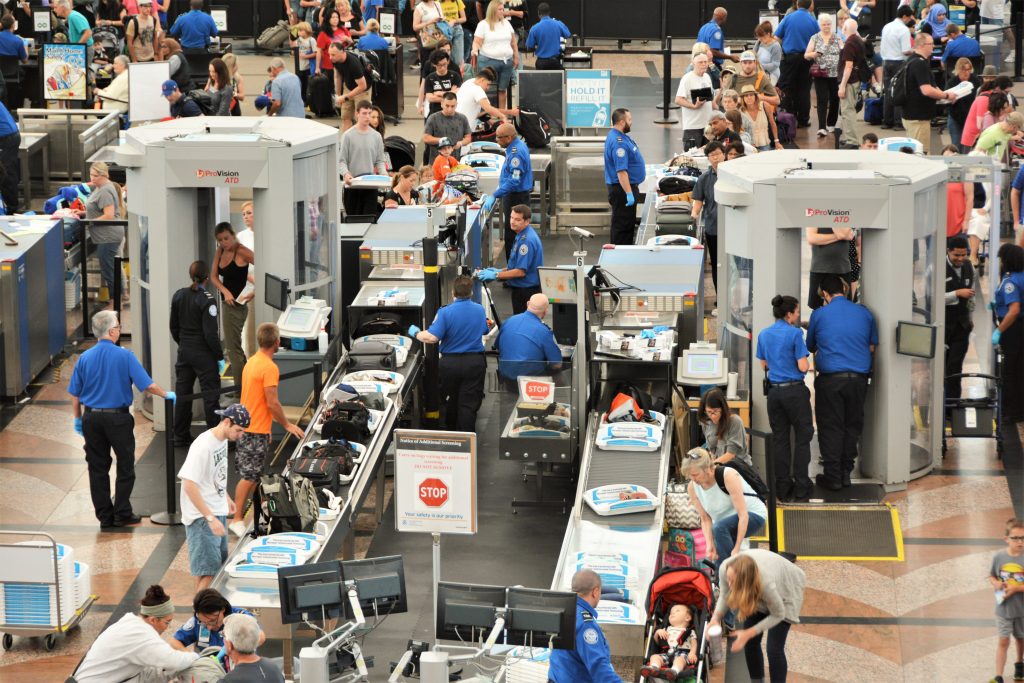
Request a private screening and/or pat-down, if desired: Per TSA rules, if you are subjected to a pat-down, you are able to request to have it conducted in private, and you are legally allowed to bring a companion along. On a related note, if your bags need to be opened so TSA personnel can examine the contents more closely, you do have the right to request a private screening.
How to report issues
Know your rights: You can become familiar with your rights regarding screenings and pat-downs by reviewing the Transgender Passengers page on the TSA website. It states that the TSA is committed to treating all travelers with respect and courtesy, and provides guidance on steps to take prior to arriving at the airport and while at the airport. It also provides multiple ways to contact the TSA.
How to file a formal complaint: If you feel you have been discriminated by TSA personnel at the airport, you have the right to file a formal complaint with the Department of Homeland Security or the TSA. In your complaint, it’s important to provide specific details that include the name of the airport, date and time, and information about the people involved.
Similarly, in the event you want to report an incident of discrimination by airline staff, you can contact the airline directly. Alternatively, you can also file a complaint with the U.S. Department of Transportation.
Bottom line
A bit of advanced preparation and being familiar with your rights can help make your travel process go more smoothly and eliminate stress. This includes identifying transgender-friendly destinations, knowing what to pack and how to pack it, and being familiar with the TSA screening process.
As with many challenges, planning ahead can help you be ready for any difficulties you might face — so you can enjoy vacations that are safe as well as fun and relaxing.
Editorial Note: We're the Million Mile Secrets team. And we're proud of our content, opinions and analysis, and of our reader's comments. These haven’t been reviewed, approved or endorsed by any of the airlines, hotels, or credit card issuers which we often write about. And that’s just how we like it! :)

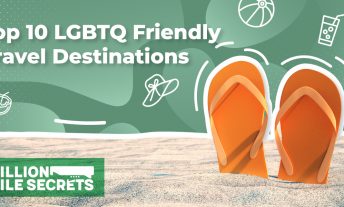
Join the Discussion!